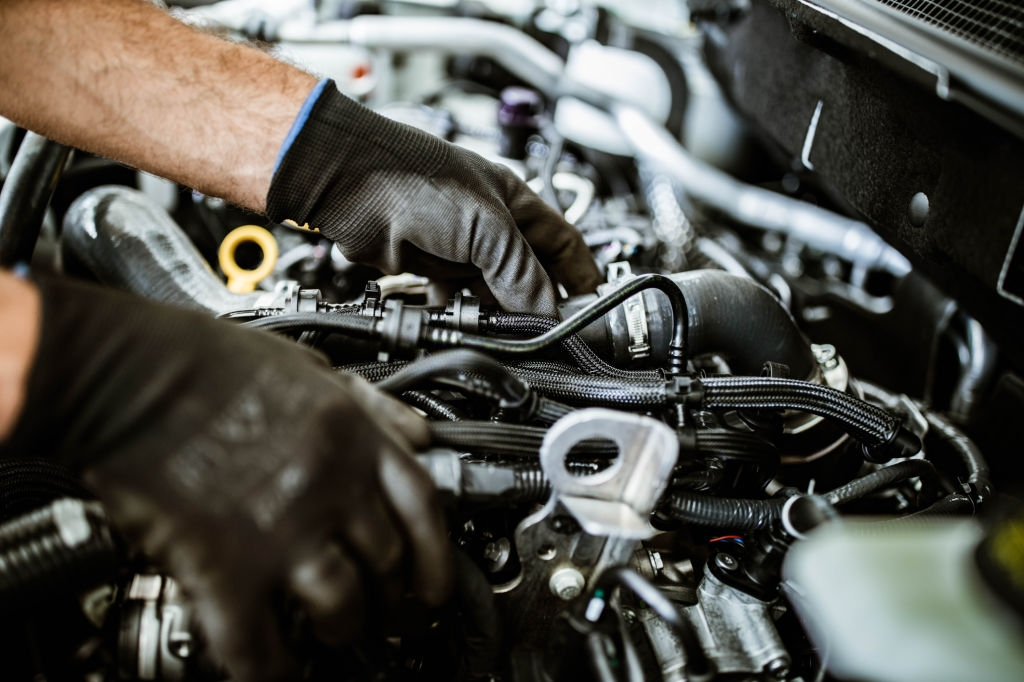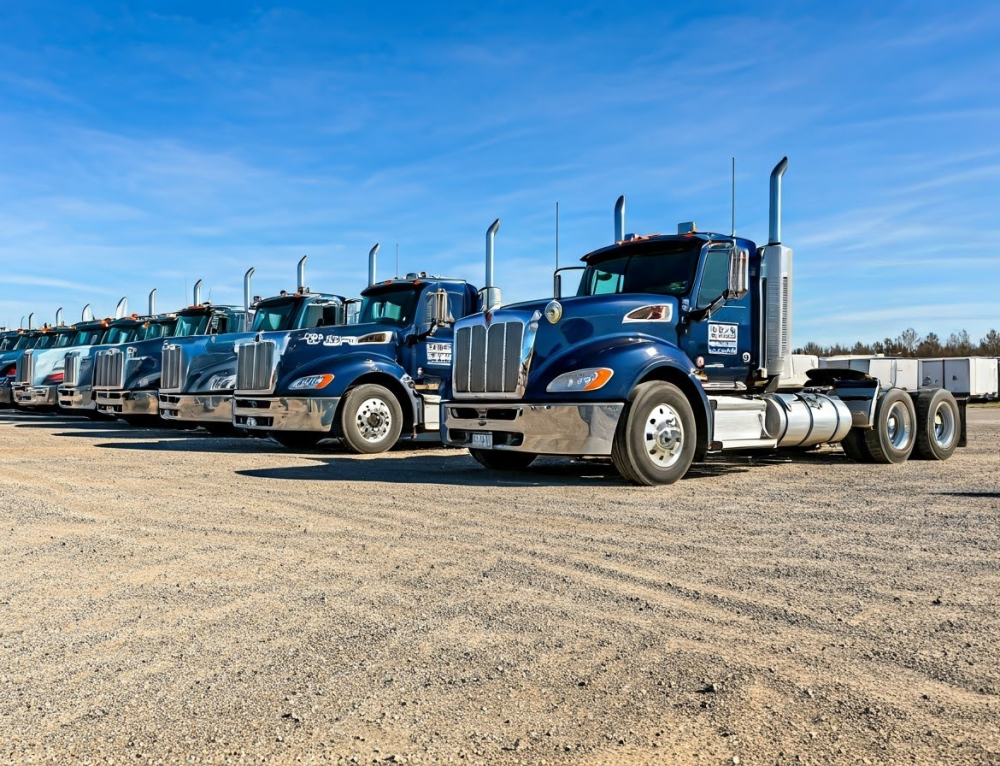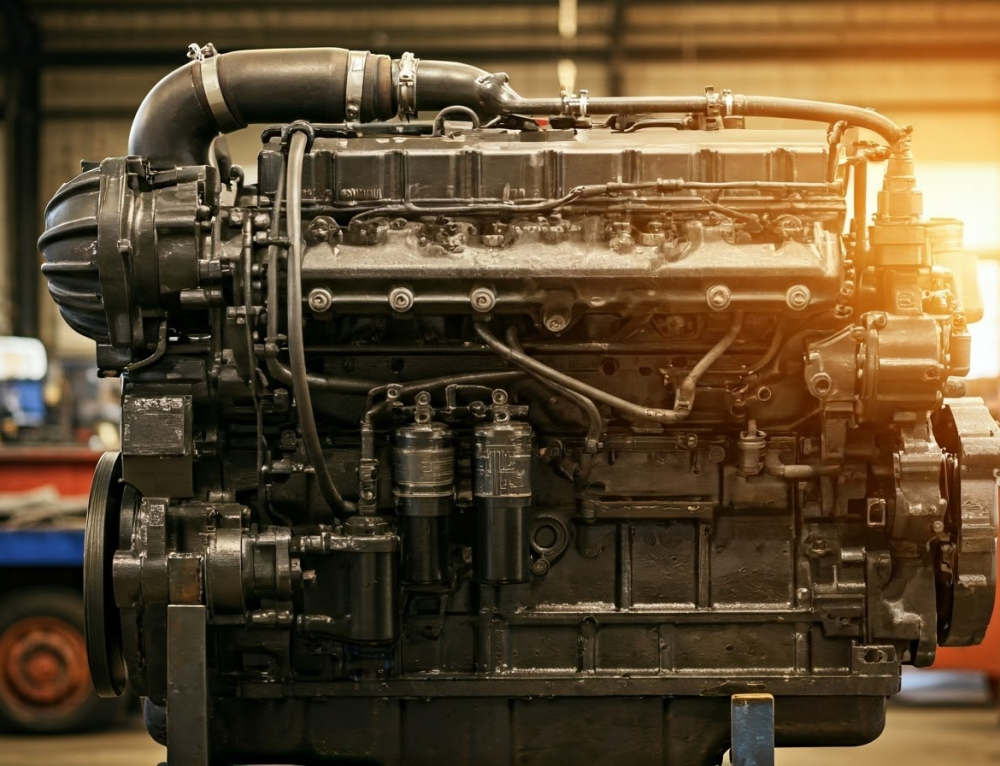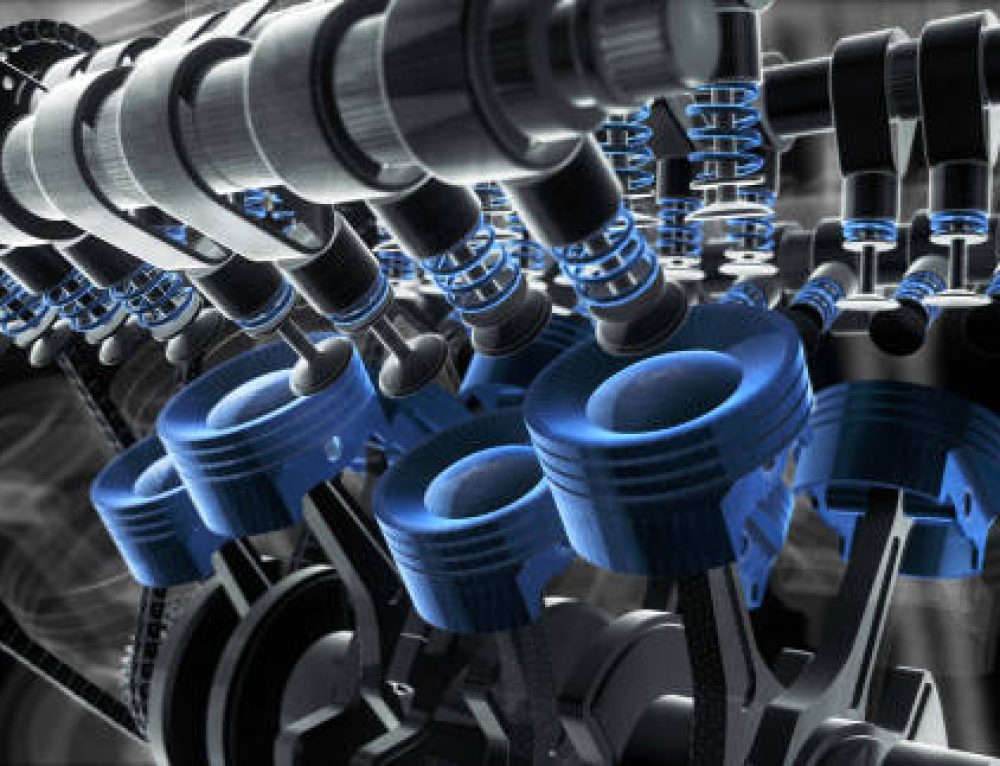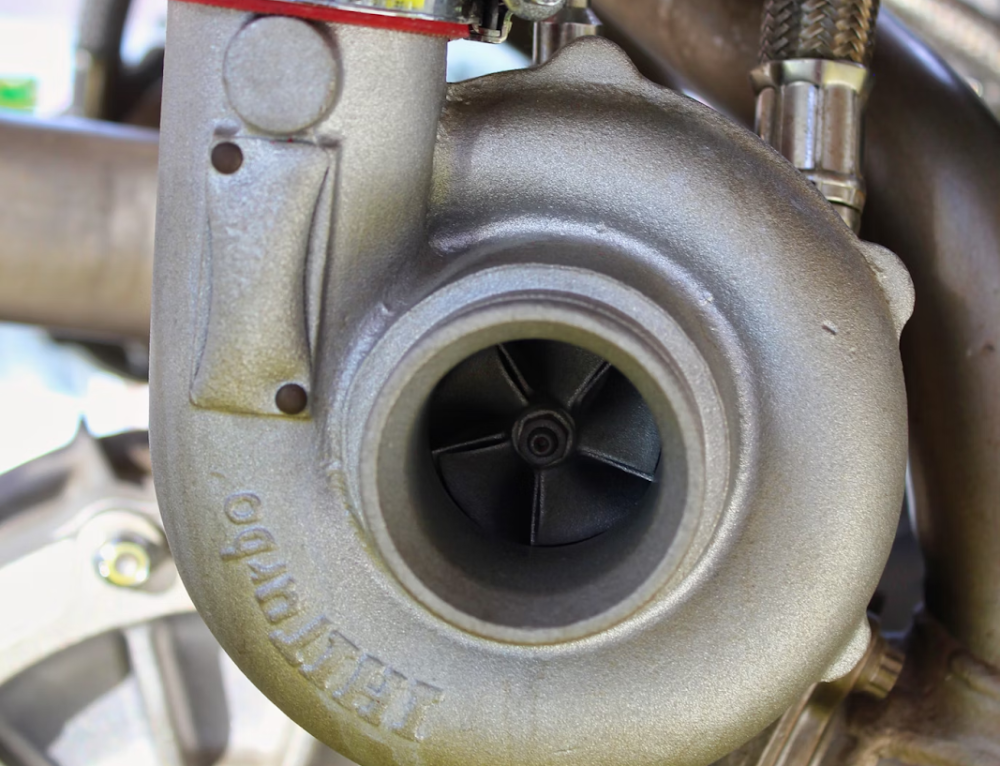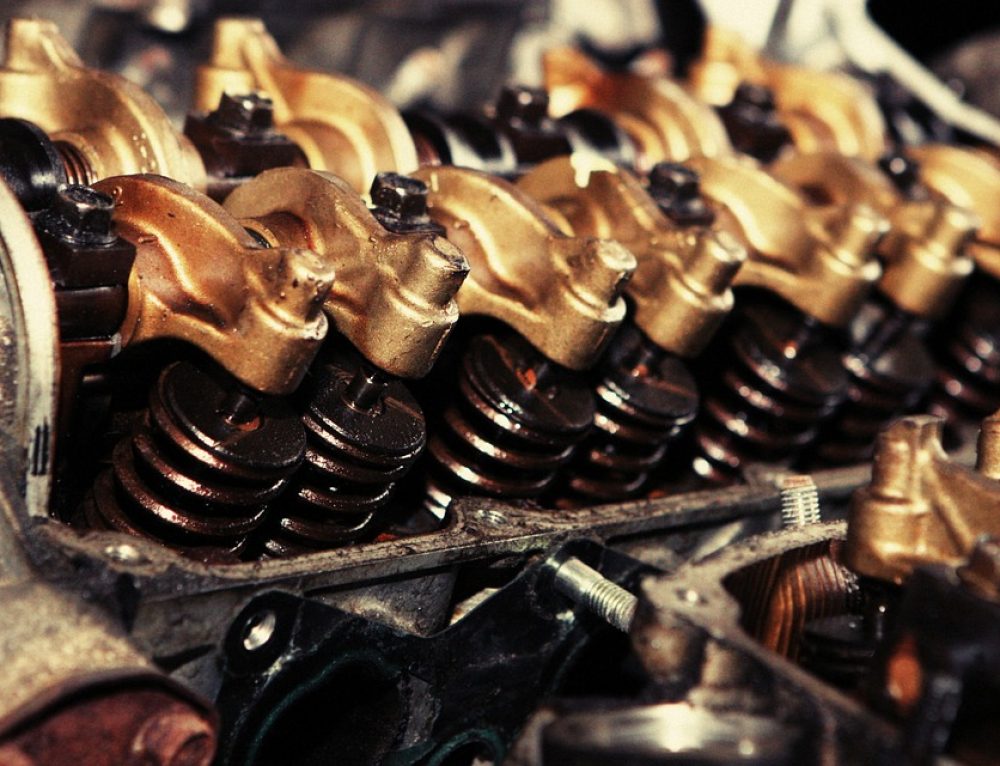When it comes to choosing between petrol and diesel engines, the decision can be tough. Both have their pros and cons and ultimately, the choice depends on your individual needs and preferences. Understanding the key differences in performance, fuel efficiency, and long-term costs can help you make an informed decision. For example, when comparing a diesel engine vs petrol engine , factors like power output and maintenance costs should also be considered.
In this blog post, we will dive into the nitty-gritty details of both types of engines, including the diesel engine vs petrol engine comparison. From how they work to their performance levels, we’ll leave no stone unturned. We will also discuss maintenance differences between the two and which one is more cost-effective in the long run.
By the end of this post, you will have a clear understanding of which engine type suits your needs best – whether that’s an efficient diesel engine vs petrol engine or a powerful petrol one. So grab a cup of coffee, get cozy, and let’s explore this topic together!
Understanding Petrol and Diesel Engines
Petrol and diesel engines are the two main types of internal combustion engines used in vehicles. The major difference lies in their fuel combustion process. While petrol engines use spark plugs to ignite a mixture of fuel and air, diesel engines rely on compression to ignite fuel. When comparing diesel engine vs petrol engine, it’s important to note that diesel engines generally offer better fuel efficiency, while petrol engines tend to have smoother performance and lower emissions.
Petrol engines are commonly found in smaller cars and offer better acceleration. On the other hand, diesel engines are known for their higher torque output and fuel economy. They are especially popular in Europe, where long distances are often covered. Modern cars, like those from BMW and Volkswagen, offer diesel options in addition to petrol engines.
Understanding the main differences between these two types of engines can help car buyers make informed decisions based on their specific needs and preferences.
How Does a Petrol Engine Work?
A petrol engine has four phases: intake, compression, power, and exhaust. Fuel and air are drawn into the cylinder in the intake stroke. The piston moves upwards during compression to increase the pressure of the mixture. A spark plug ignites a compressed mixture in the power stroke, causing an explosion that drives the piston downwards and generates power transferred to wheels through the crankshaft.
When comparing a diesel engine vs petrol engine, it’s important to note that while both use similar phases, a diesel engine relies on compression for ignition, making it different from the spark-ignited petrol engine.
Finally, in the exhaust phase, unused gases exit the engine. Petrol engines are commonly used in cars, motorcycles, and light vehicles. The power they generate is measured in horsepower or kilowatts.
How Does a Diesel Engine Work?
While both diesel and petrol engines have four strokes, they differ in the way they operate. In a diesel engine, the air is drawn into the cylinder and compressed during the intake stroke. The compressed air heats up, and diesel fuel is injected directly into the cylinder at this stage. The hot air ignites the fuel, causing the piston to move downward and generate power.
This contrasts with a petrol engine, where the fuel is mixed with air before combustion. Like in a petrol engine, any unused gases are expelled during the exhaust stroke. When comparing a diesel engine vs petrol engine, the key difference lies in their combustion process.
Diesel engines are typically found in larger vehicles like trucks, heavy machinery, and some passenger cars due to their ability to produce high torque at low speeds. While diesel engines tend to be more fuel-efficient than their petrol counterparts, they also emit higher levels of pollutants such as nitrogen oxides (NOx) and particulate matter (PM). However, advancements in technology have allowed manufacturers to develop cleaner diesel engines that meet strict emissions standards.
Comparing Performance: Diesel Engine vs Petrol Engine
When it comes to comparing the performance of diesel and petrol engines, there are several factors to consider. Diesel engine vs petrol engine efficiency is one of the key differences. Diesel engines offer higher efficiency compared to petrol engines thanks to the diesel combustion cycle. This means that diesel engines can go further on a liter of fuel compared to petrol engines.
On the other hand, petrol engines provide better acceleration and are more suitable for smaller vehicles that require quick bursts of speed. One advantage of diesel engines is their higher torque output, which makes them ideal for towing and carrying heavy loads.
However, petrol engines are generally quieter and smoother in operation compared to diesel engines. Ultimately, the choice between diesel and petrol engines depends on the specific needs and preferences of the vehicle owner. Whether it’s long distances or better acceleration, each type of engine has its own strengths and weaknesses.
So, when deciding between a diesel or petrol car, it’s important to analyze your requirements and make an informed choice that suits your needs.
The Efficiency of Diesel Engines
Diesel engines are more efficient than petrol engines. Diesel contains more energy per liter than petrol, making it more fuel-efficient. The higher compression ratio of diesel engines allows for better combustion, resulting in better mileage. Because of their efficiency, diesel vehicles are often used for long-distance driving and in commercial vehicles. Diesel engines have a clear advantage over petrol engines when it comes to efficiency.
The efficiency of Petrol Engines
Petrol engines are less efficient than diesel engines, but they have advantages that make them popular. Compared to diesel engines, petrol engines have a lower compression ratio and energy density, leading to higher fuel consumption. Nevertheless, petrol engines offer quick acceleration and high power output at high RPMs, making them appropriate for passenger cars and sports vehicles.
Modern petrol engines use direct injection and turbocharging to improve efficiency. Although diesel engines may be more efficient, petrol engines provide the performance needed for some applications. Therefore, if you want a vehicle with a priority on acceleration and power, a petrol engine might be the better choice.
Maintenance Differences between Diesel and Petrol Engines
When it comes to the maintenance of diesel and petrol engines, often compared in discussions about the diesel engine vs petrol engine debate, there are some notable differences. Diesel engines generally require more frequent oil changes than petrol engines. On the other hand, petrol engines often require more frequent spark plug replacements.
One advantage of diesel engines is their longer lifespan due to their robust construction and lower RPM operation. In contrast, petrol engines may require more frequent air filter changes. It’s important to note that the maintenance costs of both diesel and petrol engines can vary depending on the specific vehicle and usage.
With these differences in mind, it’s crucial to consider your specific needs and preferences when deciding between a diesel or petrol engine for your vehicle.
Is Diesel or Petrol More Cost-Effective in the Long Run?
Various factors are involved here. While diesel fuel is often more expensive, diesel engines offer better fuel economy. However, diesel engines may have extra fees due to pollution laws. On the other hand, petrol engines are generally cheaper to purchase. Ultimately, it depends on your preference, budget, and anticipated usage.
What Have We Learned?
Both diesel and petrol engines have their own set of advantages and disadvantages. When comparing a diesel engine vs petrol engine, petrol engines offer better acceleration and are generally smoother and quieter. On the other hand, diesel engines provide better fuel efficiency and torque, making them ideal for towing and long-distance driving. Additionally, diesel engines tend to have a longer lifespan and require less maintenance.
To make an informed decision, consider your specific needs and priorities. If you prioritize performance and a quieter ride, a petrol engine might be the better choice. However, if fuel efficiency and longevity are more important to you, a diesel engine could be the way to go.
If you need an expert for Mechanic contact Phoenix Diesel Repair.
Frequently Asked Questions
What is the main difference between a diesel engine vs petrol engine?
The main difference between a diesel engine vs petrol engine lies in their combustion process. Diesel engines rely on compression to ignite fuel, while petrol engines use spark plugs to ignite a mixture of fuel and air. This results in diesel engines being more fuel-efficient and having higher torque, while petrol engines are smoother and provide better acceleration.
Which engine is more fuel-efficient: diesel engine vs petrol engine?
When comparing a diesel engine vs petrol engine, diesel engines are generally more fuel-efficient. Diesel fuel contains more energy per liter, and the higher compression ratio of diesel engines allows for better combustion, leading to better mileage. This makes diesel engines ideal for long-distance driving and commercial vehicles.
Is a diesel engine vs petrol engine more powerful?
In terms of power, a diesel engine vs petrol engine differs in how power is delivered. Diesel engines produce higher torque at lower RPMs, making them ideal for towing and heavy loads. On the other hand, petrol engines tend to offer quicker acceleration and higher power output at higher RPMs, making them more suitable for sports cars and smaller vehicles.
Which engine is better for long-term use: diesel engine vs petrol engine?
In the debate of diesel engine vs petrol engine, diesel engines tend to have a longer lifespan due to their robust construction and lower RPM operation. While maintenance costs for both types of engines vary, diesel engines often require less frequent maintenance overall and can be more cost-effective in the long run due to their efficiency and durability.
Which engine is cheaper to maintain: diesel engine vs petrol engine?
When comparing maintenance costs in a diesel engine vs petrol engine, diesel engines generally require more frequent oil changes. However, they tend to last longer with less frequent overall maintenance. Petrol engines, on the other hand, may require more frequent spark plug replacements and air filter changes, but they often have lower initial purchase costs.

